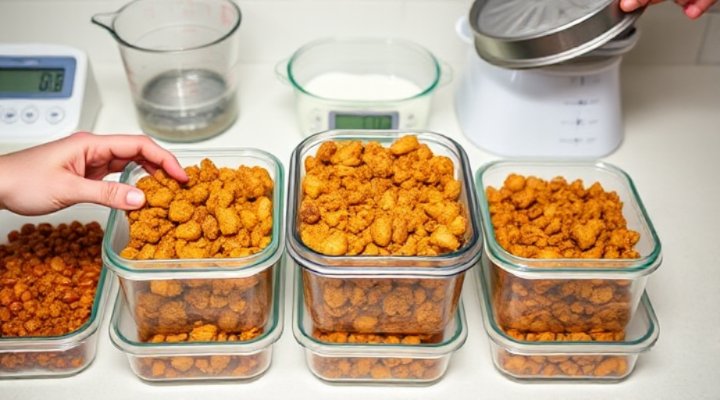When it comes to our furry companions, nutrition plays a vital role in their overall health and happiness. Preparing homemade dog food recipes for healthy pets allows you to control exactly what goes into your dog’s bowl, ensuring they receive optimal nutrition without unnecessary fillers or preservatives found in many commercial foods.

Benefits of Homemade Dog Food
There are numerous advantages to preparing meals at home for your canine friend. Firstly, you can select high-quality ingredients tailored to your dog’s specific needs. For instance, active dogs might benefit from extra protein, while senior dogs may need softer foods that are easier to digest. Secondly, homemade meals often contain more natural nutrients than processed kibble. According to the American Veterinary Medical Association, fresh foods can provide more bioavailable nutrients.
Moreover, making your own dog food can be particularly beneficial for pets with allergies or sensitivities. You can easily eliminate common allergens like corn, wheat, or certain proteins. If you’re considering transitioning from commercial food, our guide on how to transition to fresh dog food offers helpful tips.

Essential Nutrients for Dogs
Before diving into recipes, it’s crucial to understand the nutritional requirements for dogs. A balanced homemade dog food should include:
- Proteins: Meat, fish, or eggs for muscle maintenance
- Carbohydrates: Whole grains or vegetables for energy
- Fats: Healthy sources like fish oil for skin and coat
- Vitamins & Minerals: From fruits and vegetables
- Calcium: Especially important for growing puppies
The FDA’s pet food guidelines provide excellent resources for understanding canine nutritional needs. Additionally, our article on choosing the best dog food offers more insights into canine nutrition.

Simple Homemade Dog Food Recipes
Basic Beef and Veggie Mix
This simple recipe provides balanced nutrition for adult dogs:
- 1 pound lean ground beef (90% lean)
- 1 cup cooked brown rice
- 1/2 cup chopped carrots
- 1/2 cup chopped green beans
- 1 tablespoon olive oil
- 1/4 teaspoon salt (optional)
Brown the beef, then mix with other ingredients. Serve cool. This makes about 3-4 meals for a medium-sized dog.
Salmon and Sweet Potato Delight
Great for dogs with sensitive stomachs or skin issues:
- 1 cup cooked salmon (bones removed)
- 1/2 cup mashed sweet potato
- 1/4 cup peas
- 1 teaspoon flaxseed oil
Mix all ingredients thoroughly. The omega-3 fatty acids in salmon promote healthy skin and coat.

Special Dietary Considerations
Different life stages and health conditions require specific nutritional approaches. For puppies, check out our puppy nutrition guide for growth requirements. Senior dogs often benefit from:
- Softer textures
- Lower calorie content
- Added joint supplements
Dogs with health issues may need specialized diets. Always consult your veterinarian before making significant dietary changes, especially for pets with conditions like diabetes or kidney disease.

Meal Prep and Storage Tips
Preparing homemade dog food in batches saves time while ensuring freshness:
- Cook large quantities and freeze in portion-sized containers
- Label containers with dates and contents
- Thaw in refrigerator overnight before serving
- Fresh food keeps 3-4 days refrigerated
For more tips on pet food storage, our article on freeze-dried dog food benefits includes helpful preservation methods that can apply to homemade meals too.
Transitioning to Homemade Food
When switching to homemade meals, do so gradually over 7-10 days to avoid digestive upset. Start by mixing 25% new food with 75% old food, gradually increasing the proportion. Monitor your dog’s weight, energy levels, and stool quality during the transition.
Remember, while homemade dog food recipes for healthy pets offer many benefits, they require careful planning to ensure complete nutrition. Consider consulting with a veterinary nutritionist, especially if planning long-term homemade feeding.
Related Keywords:
healthy dog food recipes, homemade pet meals, nutritious dog food, DIY dog food, balanced dog diet, organic dog food, dog nutrition, pet health recipes

